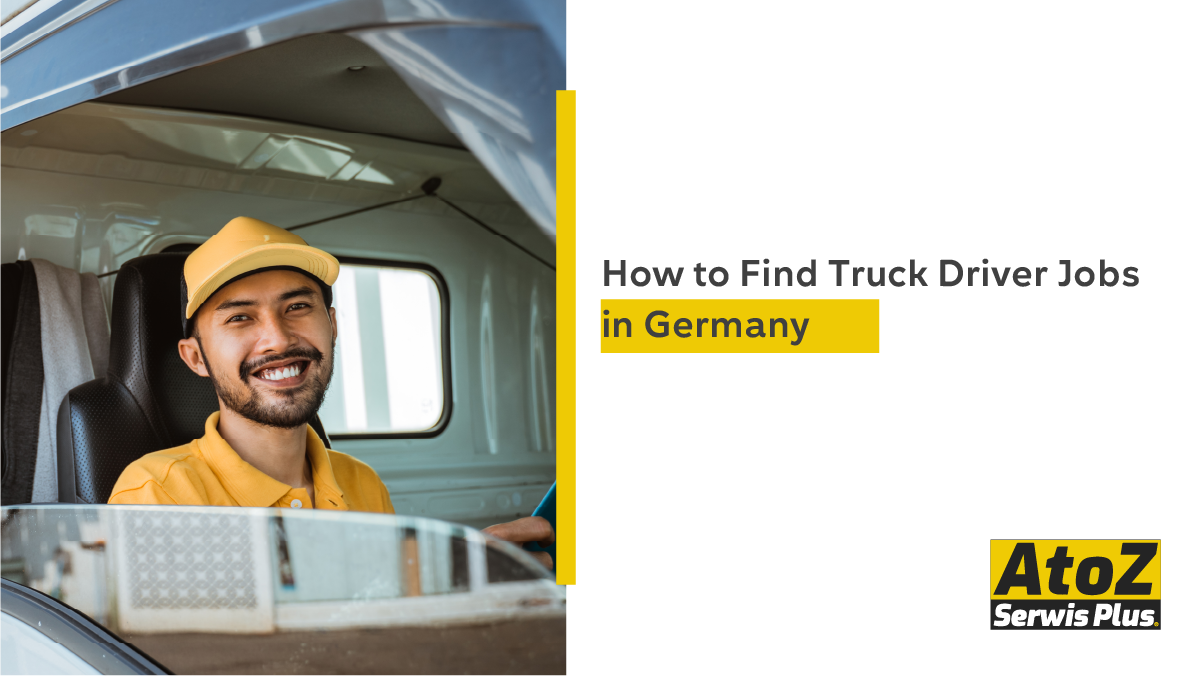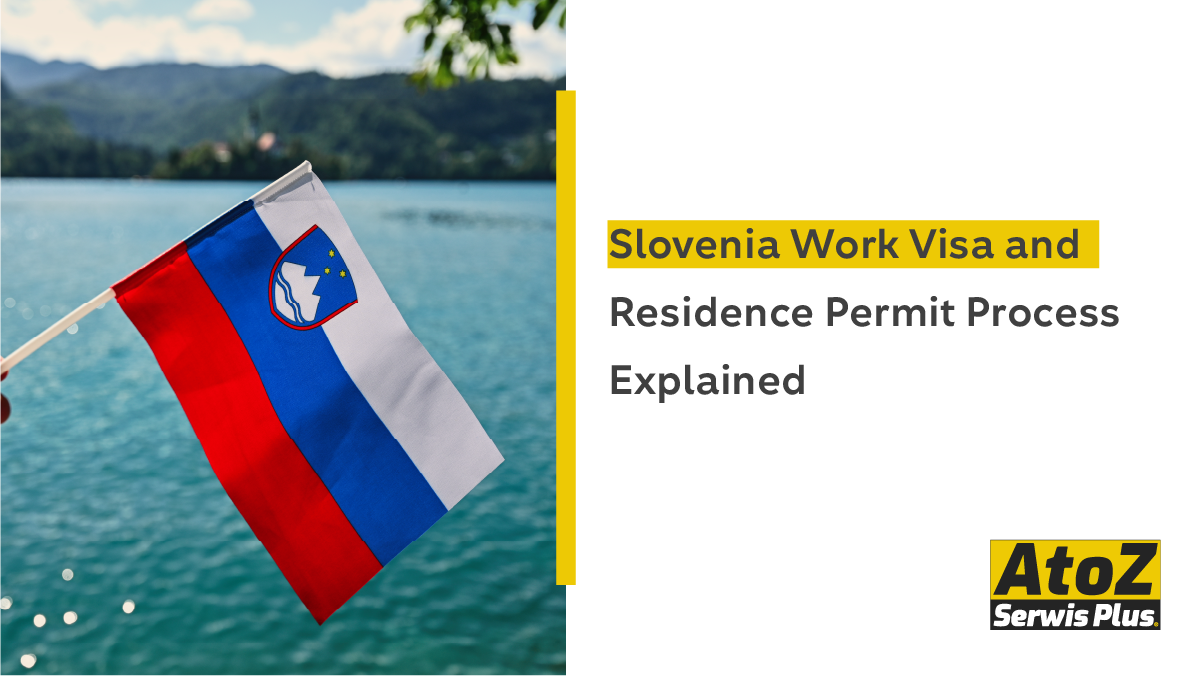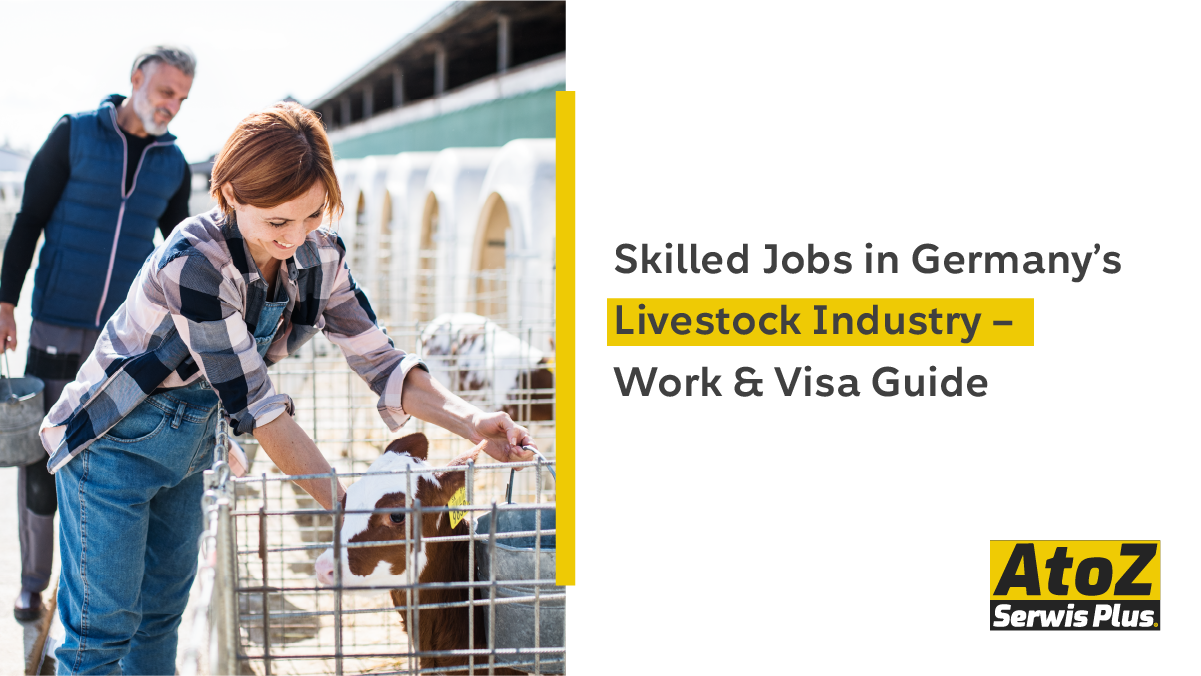

Malta Work Visa and Work Permit Guide: Step-by-Step Process for Foreigners
Introduction to Malta
Malta is one of the most attractive destinations for foreign workers seeking to live and work in the EU. Known for its Mediterranean climate, English-speaking environment, and robust economy, Malta offers opportunities across various sectors, including hospitality, healthcare, construction, IT, and finance.
- Capital: Valletta
- Official Languages: Maltese and English
- Currency: Euro (EUR)
- EU/Schengen Membership: Yes (EU member since 2004, Schengen since 2007)
- Population: ~520,000
Due to its limited local workforce, Malta actively recruits foreign workers, making the Malta work visa and work permit process an essential pathway for non-EU nationals.
Living and Working in Malta
Living and Working in Malta – Quick Overview
|
Category |
Details |
|---|---|
|
Capital City |
Valletta |
|
Languages |
Maltese & English |
|
Currency |
Euro (EUR) |
|
Housing Costs |
€500–€700 (small towns), €800–€1,200 (Valletta/Sliema) |
|
Food & Groceries |
€250–€400 per month |
|
Transport |
Bus pass ~€26/month |
|
Healthcare |
Public & private hospitals; health insurance required for work visa |
|
Safety |
Very safe, low crime rate |
|
Lifestyle |
Sunny climate, multicultural, English widely spoken |
Job Opportunities in Malta
The demand for foreign workers is increasing, particularly in sectors experiencing skill shortages.
Blue-collar jobs in Malta
- Construction worker visas
- Factory worker visas
- Warehouse and logistics staff
- Truck drivers and forklift operators
Hospitality jobs in Malta
- Hotel staff (front desk, cleaners, bellhops)
- Chefs, cooks, bakers
- Servers, bartenders, kitchen helpers
Healthcare jobs in Malta
- Nurses and caregivers
- Doctors and specialists
- Elderly care assistants
White-collar and IT jobs in Malta
- IT professionals (developers, analysts, cybersecurity)
- Finance, accounting, and banking specialists
- Teachers and trainers
- Engineers and architects
Average Salaries in Malta
|
Job Role |
Salary (EUR/Month) |
|---|---|
|
Construction Worker |
€1,200–€1,600 |
|
Truck Driver |
€1,300–€1,700 |
|
Hospitality Staff |
€1,000–€1,400 |
|
Factory Worker |
€1,000–€1,300 |
|
IT Specialist |
€2,500–€4,000 |
|
Engineer |
€2,000–€3,000 |
|
Nurse/Caregiver |
€1,500–€2,200 |
Finding Jobs in Malta
To apply for a work visa in Malta, you must have a confirmed job offer. Some reliable sources include:
- JobsPlus (Government Agency): jobsplus.gov.mt – official job portal of Malta.
- EURES Portal: EU-wide platform with Malta job listings.
- Recruitment Agencies in Malta: Many agencies specialise in recruiting for healthcare, IT, and hospitality sectors.
- Direct Applications: Large employers such as hospitals, hotels, and IT firms often post vacancies.
Employers must prove they cannot find a suitable EU worker before applying for a Malta work permit on your behalf.
Types of Work Permits in Malta
Malta employs a single permit system, which combines both residence and work rights.
- Malta Single Permit (Residence + Work): The standard permit for non-EU citizens.
- Key Employee Initiative (KEI): A fast-track program for highly skilled professionals. Processing time: 5 business days.
- Seasonal Work Permit Malta: For agriculture, fisheries, and tourism jobs (valid up to 6 months).
- Intra-Corporate Transfer Permit: For foreign employees transferred within a multinational company.
- Self-Employment Permit: For entrepreneurs establishing a business in Malta.
Types of Work Visas in Malta
To enter Malta legally, you may need a visa for foreign workers, depending on your nationality:
- Malta Visa D (Long-Stay Visa): Required for work contracts longer than 90 days.
- Malta Short-Stay Schengen Visa (Type C): Valid for 90 days (not for employment).
- Work Visa Linked to Residence Permit: Once you are in Malta, your residence permit legitimises your employment.
Validity of Work Permits and Visas
- Malta Work Permit (Single Permit): Valid for 1 year, renewable annually.
- Malta Visa D Work: Valid 90–365 days.
- Seasonal Permits: Up to 6 months.
- Permanent Residency in Malta: Available after 5 years of continuous, lawful stay.
Step-by-Step Malta Work Visa Process
- Secure a Job Offer. Obtain a signed job offer letter from Malta and a visa.
- Employer Sponsorship in Malta: The employer applies through JobsPlus Malta.
- Work Permit Application: Submit the Malta work permit application under the Single Permit Scheme.
- Visa Application: Apply for a Malta extended stay visa for work (Visa D) at the nearest Maltese embassy/consulate.
- Submit Required Documents: Employment contract, accommodation proof, health insurance, Malta work visa, and police clearance.
- Temporary Residence Permit for Work in Malta: Once in Malta, register with Identity Malta.
- Biometric Residence Card Malta: Collect your residence and work permit card and begin working legally.
Required Documents for Malta Work Visa
- Valid passport (minimum 6 months validity)
- Signed employment contract, Malta visa
- Employer sponsorship letter
- Proof of accommodation in Malta
- Health insurance Malta work visa coverage
- Criminal record clearance certificate
- Education/qualification certificates
- Passport-size photos
- Completed Malta work visa application form
- Notarised translations (if required)
Processing Time and Fees
- Malta Work Visa Processing Time: 4–8 weeks
- Malta Work Permit Cost: €280–€300
- Malta Residence Permit Cost: €27.50 (residence card fee)
Renewal and Employer Change
- Malta Work Visa Renewal: Apply before expiry with proof of continued employment.
- Malta Residence Permit Renewal: Must be submitted at least 30 days before expiry.
- Change Employer Malta Single Permit: Requires a new application and a new job offer.
Pathway to Permanent Residency in Malta
Foreign nationals can apply for permanent residence in Malta after obtaining a work permit and having resided in the country legally for a period of five years.
- Family Reunification Malta Residence Permit: Allows dependents to join you.
- Bring Dependents to Malta: Spouses and children can obtain residence rights.
- Benefits of PR: Unlimited stay, access to healthcare, mobility within the EU/Schengen, and eligibility for Maltese citizenship.
Employment Laws and Worker Rights in Malta
- Working Hours: 40 hours per week (overtime regulated).
- Annual Leave: 25 paid days minimum.
- Sick Leave: Paid with medical certification.
- Parental Leave: 18 weeks of maternity leave, with benefits.
- Termination & Severance: Governed by Maltese labour law, with protections for employees.
Payroll and Taxation in Malta
- Income Tax: Progressive rates, ranging from 0% to 3%.
- Social Security Contributions: 10% each for employer and employee.
- Payroll Options: Employers may use in-house HR or outsource payroll services.
Employee Benefits in Malta
- Mandatory: pensions, public health insurance, paid leave, parental leave.
- Optional: private healthcare, housing support, bonuses.
- Competitive Packages: IT, finance, and skilled healthcare jobs often include relocation benefits.
Official Government Resources
- JobsPlus Malta (Employment Services): jobsplus.gov.mt
- Identity Malta Agency: identitymalta.com
- Ministry for Foreign and European Affairs – Visa Section
Start Your Career in Malta with AtoZ Serwis Plus
Whether you’re seeking a Malta construction worker visa, hospitality jobs work visa, nurse work permit, IT jobs work visa, or seasonal agriculture permit, Malta is a great destination to build your career in Europe.
At AtoZ Serwis Plus, we guide you step by step through the Malta work visa process — from securing your job offer to your Malta residence permit application and relocation.
Our Solutions
Connecting employers, job seekers, recruiters, and students with opportunities across Europe and beyond.
For Workers – Start Your Career in Europe
Looking for a stable job and a legal pathway to Europe?
We help non-EU citizens secure verified opportunities in various sectors, including construction, warehouses, factories, hospitality, agriculture, and logistics.
- Verified job offers
- Work permit & visa support
- Document preparation & training guidance
- Post-arrival support (housing, registration, settlement)
Apply Now – Worker Registration
For Employers – Hire Reliable Workers in Europe
Struggling with a labour shortage?
We connect European companies with vetted non-EU candidates, ensuring safe and legal recruitment.
- Recruitment of skilled and general workers
- Work permit & visa assistance
- Compliance and document verification
- Onboarding and post-arrival support
Register Your Company – Employer Registration
For Recruiters – Partner With Us in Europe
Are you a recruiter or agency?
We collaborate with trusted partners worldwide to provide a workforce for European employers.
- Partnership with a leading immigration consultancy
- Access to verified job opportunities
- Full visa & work permit support
- Transparent policies and long-term collaboration
A register is generally a more affordable Recruitment Partner
Truck Driver Jobs in Europe
For Drivers – Start Your Career in Europe
If you are a non-EU driver with a C+E license and want to work in Europe, AtoZ Serwis Plus can help you secure legal and well-paid truck driving jobs.
- Verified job offers with trusted logistics companies
- Complete assistance with work permits and visas
- Guidance for Code 95 training and license conversion
- Post-arrival support with housing and residence permits
Apply Now – Driver Registration
FAQs
-
Do I need a Malta work permit to work in Malta?
Yes. Non-EU, non-EEA, and non-Swiss citizens require a Malta work permit or a combined work-and-residence permit to work legally in the country. -
Do EU/EEA/Swiss citizens require a work permit in Malta?
No. They can work freely in Malta but must register for residence if they plan to stay longer than three months. -
What is the difference between a Malta work visa and a Malta work permit?
-
A Malta work visa enables you to enter Malta for employment purposes.
-
A Malta work permit authorises you to work legally.
The Single Permit combines both.
-
-
What types of work permits are available in Malta?
-
Malta Single Permit (residence + work)
-
Malta Key Employee Initiative (KEI)
-
Malta Specialist Employee Initiative (SEI)
-
Malta EU Blue Card
-
Malta Intra-Corporate Transferee (ICT) Permit
-
Short-term or seasonal Malta permits
-
-
What is the Malta Single Permit?
A combined Malta residence and work authorisation granted to third-country nationals employed in Malta. -
What are the requirements for a Malta work permit?
-
Job offer from a Malta employer
-
Labour market test proof
-
Qualifications or experience
-
Salary threshold met
-
Valid passport and clean record
-
Health insurance and medical checks
-
-
What is the Malta Key Employee Initiative (KEI)?
A fast-track Malta work permit for highly skilled professionals in managerial or technical roles. -
What is the Malta Specialist Employee Initiative (SEI)?
A Malta work permit scheme for professionals in specialist industries with lower salary thresholds than KEI. -
What is the EU Blue Card for Malta?
A Malta residence and work permit for highly qualified workers, valid across EU states if requirements are met. -
What are the salary thresholds for KEI and SEI in Malta?
-
KEI: €45,000 gross annual salary (from August 2025).
-
SEI: €30,000 yearly gross salary (from August 2025).
-
What is the salary requirement for a Malta EU Blue Card?
Around €34,956 per year, which is 1.5 times Malta’s average salary. -
Who applies for a Maltese work permit – the employer or the employee?
The Malta employer usually applies on behalf of the foreign employee. -
How long does it take to process a work permit in Malta?
Standard permits take up to 4 months. KEI applications are usually processed faster. -
Can I enter Malta first and then apply for a work permit?
Typically, the Malta permit must be approved before arrival. Some workers also need a national D visa. -
Can I change employers with the same Mork permit in Malta
No. Malta work permits are tied to a specific employer and role. A new license is required if changing jobs. -
Can I renew a Malta work permit?
Yes. Renewal is possible if employment continues and conditions remain the same. -
Can I bring my family with me if I have a work permit in Malta?
Yes. Family reunification is permitted under specific conditions, particularly for long-term residency permits. -
Are medical checks required for a Malta work permit?
Yes. Immunity to Polio and Diphtheria is required for all applicants. Specific jobs require proof of Measles immunity. -
What are the Malta working conditions?
A standard workweek in Malta is approximately 40 hours. Workers get 26 annual leave days plus public holidays. -
What is the average Malta salary?
The average Annual salary in Malta is around €19,000–€23,000. Skilled professionals can earn between €30,000 and €45,000 or more per year. -
What are the fees for a Malta work permit?
The Malta Single Permit application fee is about €280.50. Extra costs apply for renewals and supporting documents.

















